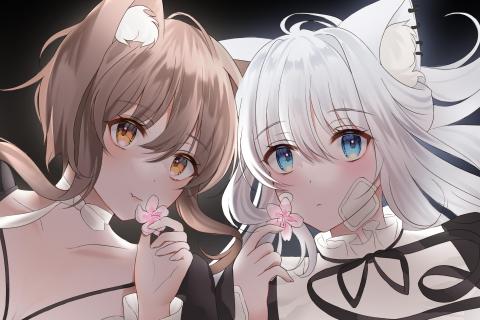The Witcher 3: Wild Hunt is an epic role-playing game that offers players a unique and immersive experience. One of the key aspects that sets it apart from other games is the emphasis on choices and consequences.
In this game, players assume the role of Geralt of Rivia, a monster hunter known as a witcher. Throughout the game, players are presented with a number of decisions that not only impact the immediate outcome but also have far-reaching consequences that can shape the entire narrative.
As players progress through the game, they will encounter various characters and factions, each with their own motives and agendas. The choices made during interactions with these characters can have significant effects, influencing the relationships and alliances that Geralt forms.
Furthermore, the game features a dynamic and evolving world where decisions made in one area can have ripple effects in other parts. This level of interconnectedness creates a sense of realism and immersion that few other games can match.
Choices in The Witcher 3 are not always clear-cut, with moral dilemmas and gray areas frequently presenting themselves. Players will need to carefully weigh the consequences of their decisions, as even seemingly insignificant choices can have unforeseen repercussions.
The consequences of choices can vary from minor to major, affecting not only the main storyline but also side quests and the fates of various characters. This adds an extra layer of replayability, as players can choose to explore different paths and outcomes in subsequent playthroughs.
The Witcher 3: Wild Hunt has received widespread acclaim for its compelling narrative and the impact of player choices. It is a prime example of how choices can elevate the gaming experience and make it more immersive and personal.

